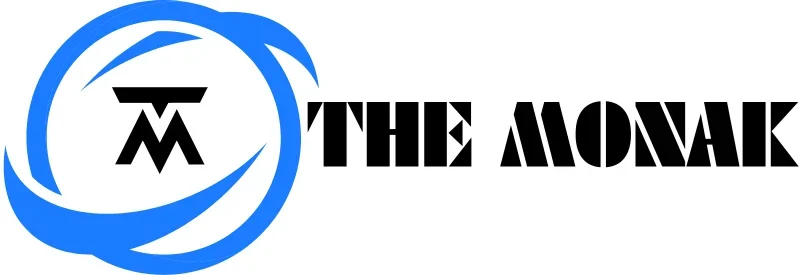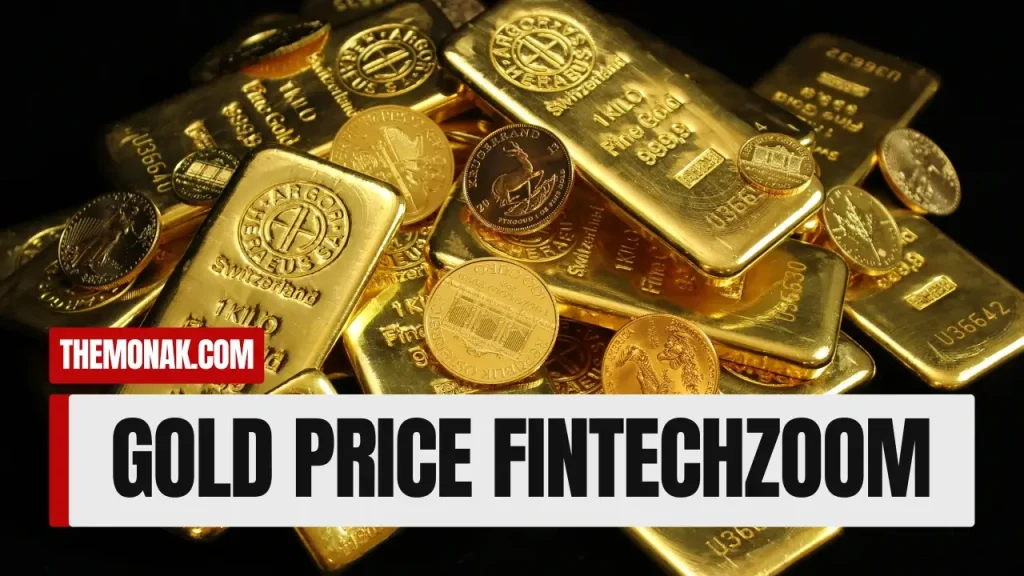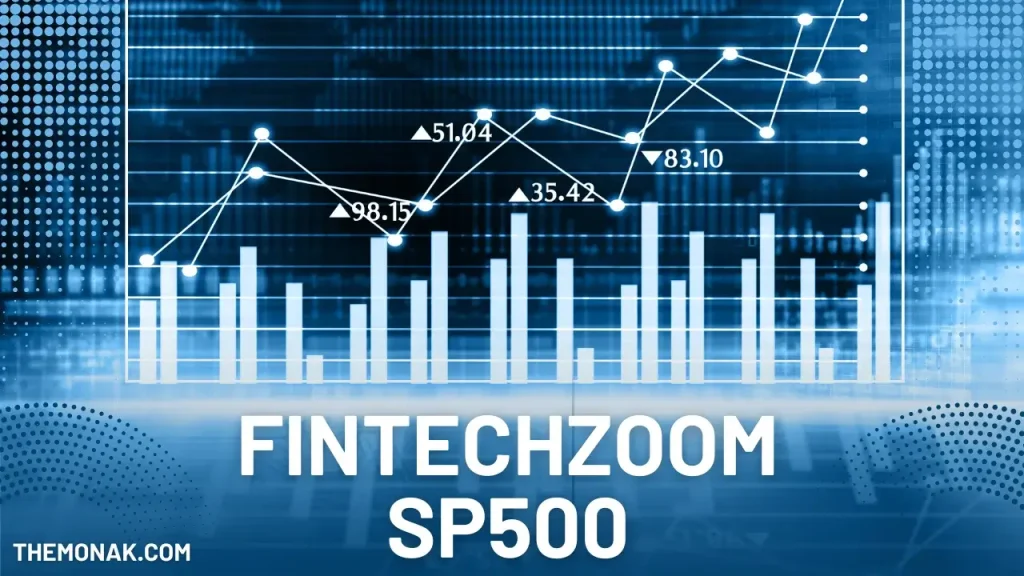Halo (2003) Game Icons and Banners: A Detailed Exploration
Halo: Combat Evolved, released in 2001, revolutionized first-person shooters (FPS) and became a cornerstone of gaming culture. By 2003, the Halo franchise had solidified its place in the gaming community, not only for its groundbreaking gameplay and immersive storyline but also for its iconic visual elements. These elements include the game icons and banners that have become synonymous with the Halo brand. This article delves into the significance, design, and impact of Halo (2003) Game Icons and Banners, and addresses frequently asked questions about these iconic visuals.
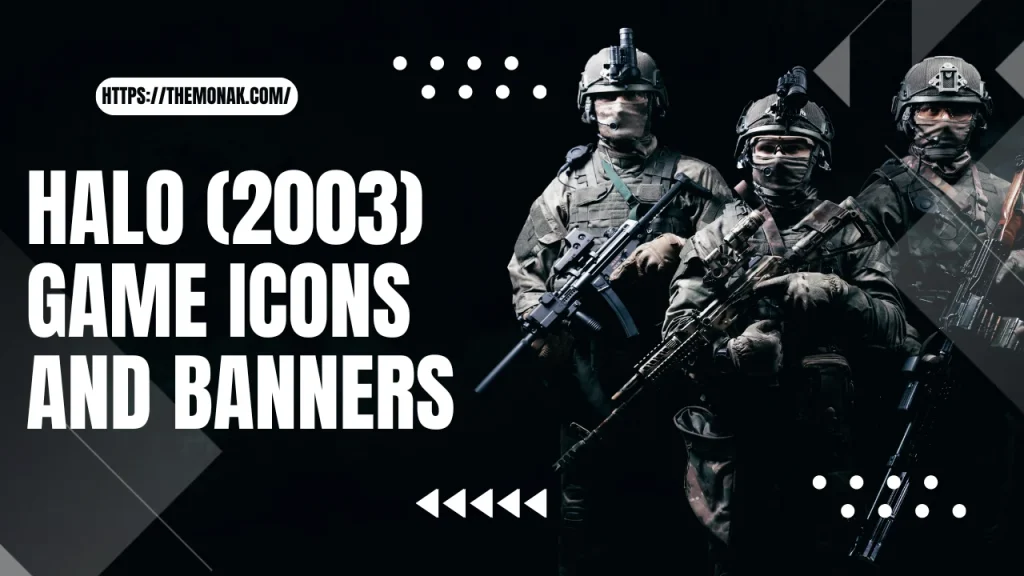
The Evolution of Halo (2003) Game Icons and Banners
The Iconic Master Chief Helmet
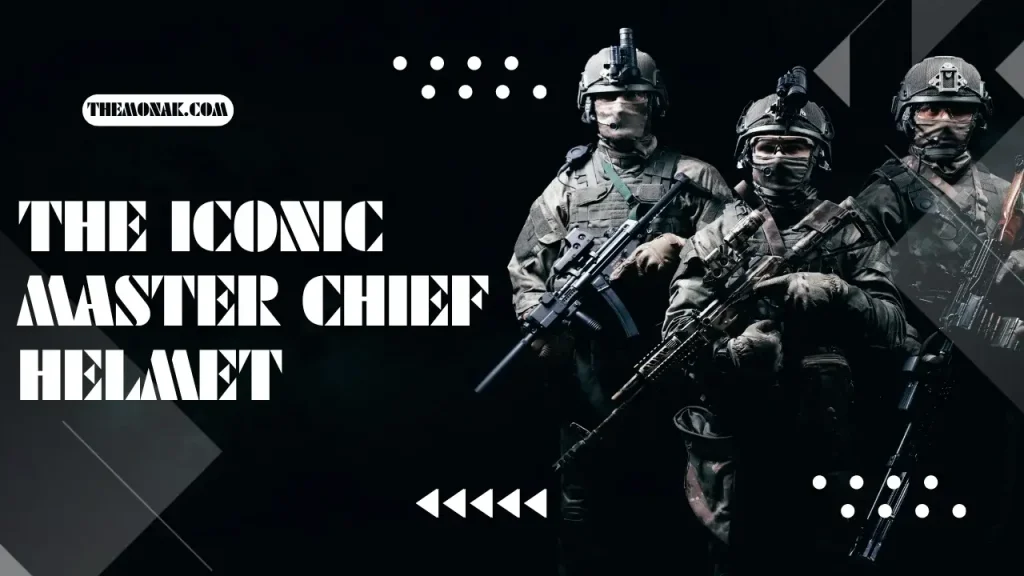
One of the most recognizable icons from the Halo series is the helmet of Master Chief, the game’s protagonist. The design of the helmet, with its sleek visor and futuristic aesthetic, has become a symbol of heroism and resilience. In 2003, as the Halo franchise gained momentum, this helmet was prominently featured in promotional materials, game icons, and banners.
The Halo Ring
Another central visual element is the Halo ring itself. The enigmatic and massive ringworld structures are not only central to the game’s narrative but also to its visual identity. The depiction of the Halo ring in icons and banners evokes a sense of mystery and adventure, drawing players into the expansive universe Bungie created.
The UNSC Insignia
The United Nations Space Command (UNSC) insignia is another key visual element. Representing the game’s military faction, this insignia appears in various forms across game icons and banners, reinforcing the game’s militaristic and strategic themes.
Design Elements of Game Icons and Banners
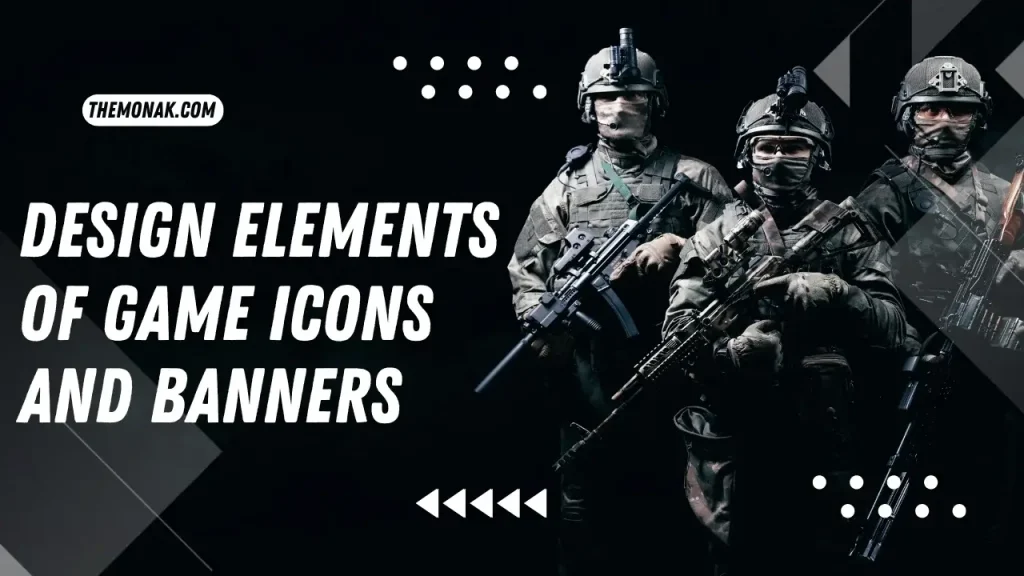
Color Scheme
The color scheme of Halo’s icons and banners plays a crucial role in establishing the game’s mood. Dominated by shades of green, blue, and metallic hues, these colors reflect the sci-fi and military aspects of the game. The green of Master Chief’s armor and the blue of the Forerunner technology create a distinct visual palette that fans instantly recognize.
Typography
The typography used in Halo’s branding is bold and futuristic, complementing the game’s high-tech setting. The fonts used in game icons and banners are designed to be easily readable while conveying a sense of urgency and action.
Composition
The composition of Halo’s game icons and banners is carefully crafted to capture the viewer’s attention. Elements like the Master Chief helmet, the Halo ring, and the UNSC insignia are often centrally placed, with dynamic backgrounds that hint at the game’s epic battles and expansive environments.
Impact on the Gaming Community
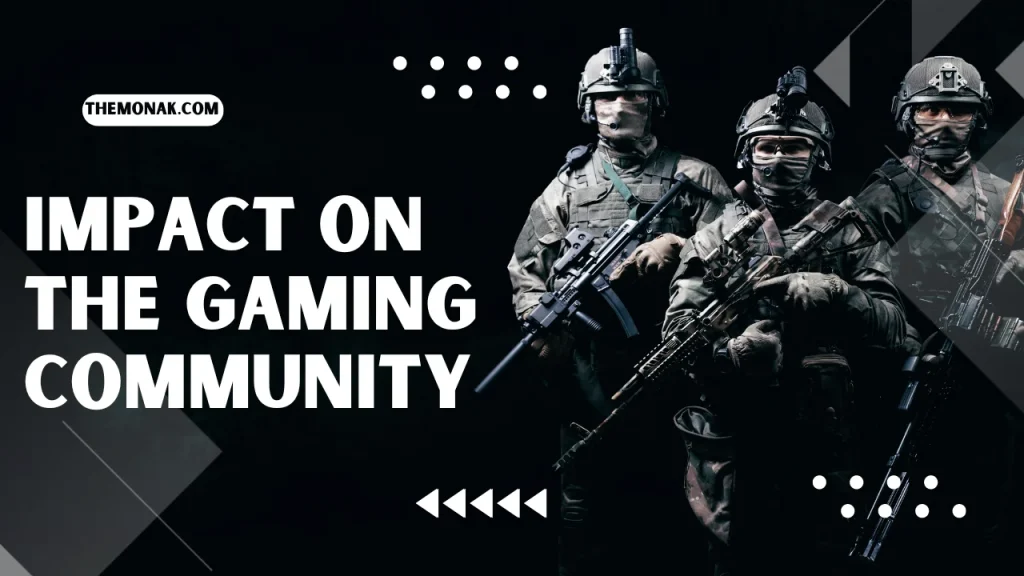
Brand Recognition
The visual elements of Halo, including its game icons and banners, have played a significant role in building brand recognition. Fans of the series can easily identify these elements, which evoke nostalgia and excitement. The consistency in design across various media has helped establish a strong and enduring brand identity.
Cultural Significance
Halo (2003) Game Icons and Banners have transcended the gaming world, becoming part of popular culture. They are featured in merchandise, fan art, and even cosplay. The iconic visuals have inspired countless fan creations and continue to be celebrated in gaming conventions and events.
Frequently Asked Questions (FAQs)
Conclusion
The visual elements of Halo (2003) Game Icons and Banners, are integral to the franchise’s identity. From the iconic Master Chief helmet to the enigmatic Halo ring, these visuals capture the essence of the game and resonate deeply with fans. Their design, impact, and cultural significance highlight the power of visual storytelling in gaming. As the Halo franchise continues to evolve, its iconic visuals will undoubtedly remain a beloved and enduring part of its legacy. For More Information and Articles Visit The Monak.
